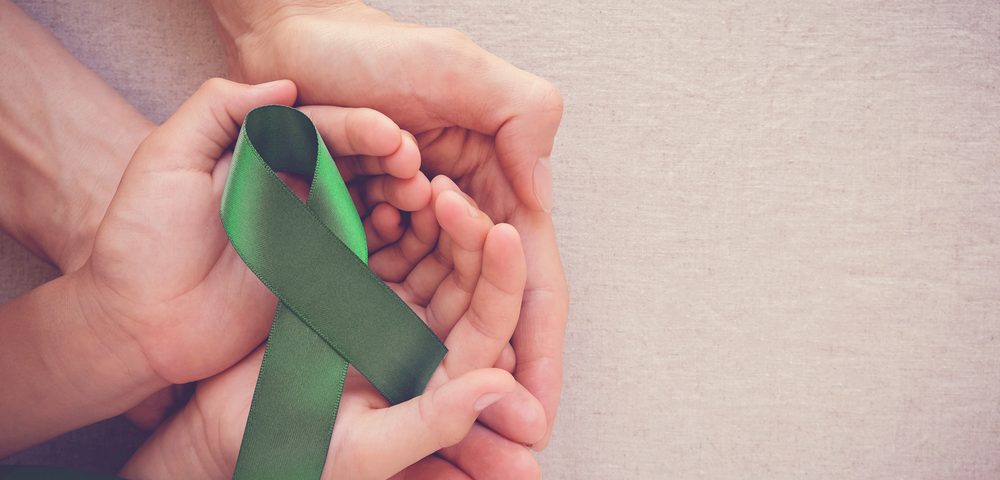
Warning Signs to look for Adolescents Addiction
August 13, 2019
Feel, so they can deal
November 14, 2019DEPRESSION AND ANXIETY IN PATIENTS WITH CANCER
Depressed is much more exceptional than feeling dull. Occasionally feeling miserable is a piece of life, yet depression is a grounded tendency. Most patients, families, and guardians may be affected by a cancer disease. Exceptionally normal feelings of misery, stress, and anxiety are common reactions to this groundbreaking background. Also, physical symptoms such as pain, nausea, or extreme fatigue (fatigue) appear to cause emotional distress more likely. People may also be afraid of death, suffering, pain, or all the unknown things ahead. Most of these symptoms or gears to enhance these symptoms of stress and anxiety can be minimized with some physical therapies and exercises like circular breathing. Changes in the image of the body can affect self-esteem and trust. After all, it is possible to alter family and work roles.
These feelings are felt by family members and caregivers. Scared to lose one of their loved ones. They may also feel angry because they have cancer from someone they love. Frustrated that they “can’t do enough,” or stressed that they have to take on more at home. People with cancer, as well as their friends and family, may feel distressed at any time after being diagnosed with cancer, even many years after being treated with cancer. As the cancer situation changes, they all have to cope with a regular routine and to maintain the balance of work and health. Circular breathing can be a really good friend at this stage of time.
Stress and anxiety are regular cancer reactions.
 You may feel doubtful about your future, dreadful of the dark or worried about how your cancer affects your everyday ability to work, care for your family, travel or ability. Other than meditation and exercising there are some other ways to help cancer patients cope up the anxiety and depression.
You may feel doubtful about your future, dreadful of the dark or worried about how your cancer affects your everyday ability to work, care for your family, travel or ability. Other than meditation and exercising there are some other ways to help cancer patients cope up the anxiety and depression.
MIND AND BODY THERAPIES:
• Recognizing and addressing it head-on is one approach to managing depression and anxiety.
• Talk about treatment with the patient, couple or family guidance to enable patients to gain a better understanding of the association between their physical well – being and their enthusiastic prosperity and explore self – care alternatives.
• Breathing and relaxation systems that can help reduce the pulse and foster a sense of quietness
• Animal treatment, which most often uses mothers to provide comfort, relief, and diversion from issues that cause pressure and nervousness.
• The treatment that taps natural diversion as a character concern that has appeared to decrease pressure related hormones, among various advantages.
• Promise the patient that the individual in question will begin to feel good with time and treatment – and despite some time – needed changes to the treatment plan, being tolerant is vital.
• Understand that being negative and thinking all is miserable are sad side effects and should show signs of treatment improvement.
GIVES THE PATIENT A SENSE OF SPIRITUAL SUPPORT:
Taking advantage of one’s confidence can be amazing in helping patients explore the challenges of determining cancer, offering a characteristic, self-guided approach to addressing discomfort and stress. Cancer patients often swing to our pastors for help in offering perspective on their disease venture in otherworldly ways. And as a rule, a cancer analysis provides patients with a gigantic open door for self-reflection and perspective. It regularly causes them to discover in their lives meaning, esteem, and the reason that may not have existed before determination. Additionally, the advantage and excellence of profound schools of thought are that they can help give patients extra equipment to adapt to some difficult medical services.
A few cancer patients may experience depression. Depression is a sort of problem of mindset. Discouragement can make it more difficult to adapt to the treatment of cancer. It may also diminish your ability to settle on your consideration decisions. Distinguishing and treating depression are therefore critical pieces of treatment for cancer. After analysis or whenever in between or after treatment, the side effects of depression may seem okay. These side effects are running from mellow to extreme. Serious depression interferes with the connections and daily life of an individual.
PSYCHOLOGICAL TREATMENT:
Experts in mental health include authorized consultants, clinicians, and specialists. They provide appliances to improve the ability to adapt, build an emotionally supportive network, and reshape negative considerations. Alternatives include treatment for individuals, couples or families, and treatment collection. Also specialists are experts in psychological well-being who can recommend drugs.
In particular, medicine is successful in improving the state of mind and the physical side effects associated with confusion. Adding mental treatment to medicine may be useful for monitoring negative musings and low trust and discovering better techniques for adaptation.
REGULAR FOLLOW-UPS:
Keep your physicians and health care team up-to-date with your emotional wellness skills and the treatment you accept. Tell them how the treatment works and if you are unlikely to have any new side effects. Off chance that the side effects of sadness have not decreased after two months of treatment. It’s time to think about other treatment choices.
Hassan Khan
MASK the Parenting Magazine a quarterly publication providing solutions for Today’s Families.
The parenting manual offering solutions to the modern-day challenges families face. From Pre-K
through College stay up to date on the modern day issues families face.
Are you up to date on the issues your child is facing?
MASK Mothers Awareness on School-age Kids offers parenting solutions for today’s families. MASK tackles important topics – from drugs and alcohol to bullying and Internet safety -and gives students, parents and the community the knowledge and tools to manage these potential challenges.
Subscribe today! https://www.tools4teaching.com/product/mask-the-magazine/
Download and share the MASKmatters app now! Made for children, parents, teachers and in Spanish.
Have solutions at your fingertips
Available free on apple and google play links below
Apple https://apps.apple.com/us/app/maskmatters/id1482305692
Google Play
https://play.google.com/store/apps/details?id=com.maskmatters.maskmattersapp&hl=en_US&gl=US




